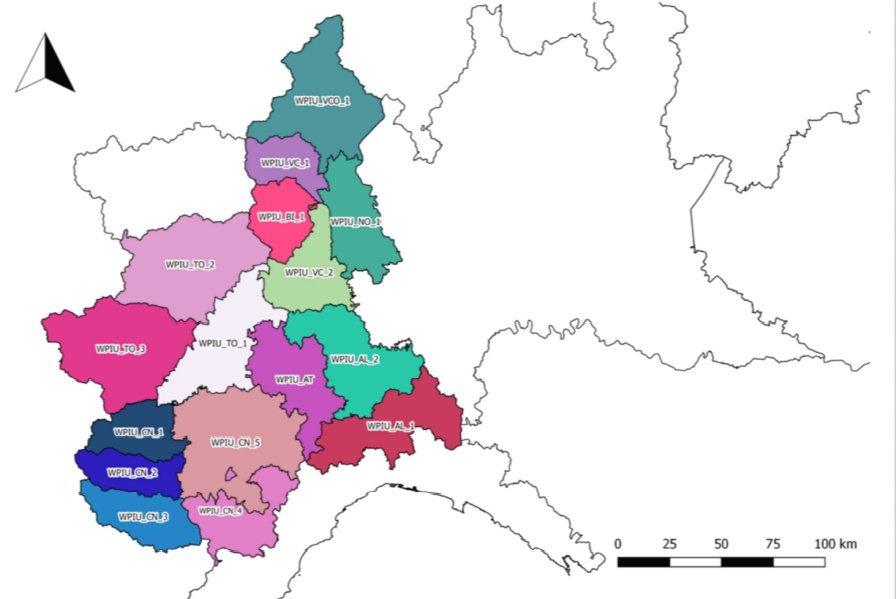First season of Wolf Prevention Intervention Units kicks off
The end of the training session in March marked the start of the wolf predation prevention support teams, which are ready for action from the 2021 alpine pasture season in many of the LIFE project’s intervention areas. To date, a total of 21 prevention support teams have been created and trained in two of the four Alpine countries involved, Italy and Austria: 16 teams are distributed throughout Piedmont, three in Valle d’Aosta, one in Austria and one in the Dolomiti Bellunesi National Park. More teams will be added in the coming months, thus covering all the main project areas. In fact, new teams are planned in France, Slovenia and other Italian regions, whose full effectiveness has unfortunately been slowed down by the pandemic, which has made it impossible to hold some of the planned training courses.
In all, there are more than 300 trained operators – including veterinarians, park rangers, provincial police officers and forest carabinieri – throughout the Alps. Their task will be to intervene to offer concrete help to farmers in preventing attacks.
In Piedmont, particular attention has been paid to the training of Local Health Authority veterinarians, who are the keystone of the system, as it is they who activate the Intervention Teams following the occurrence of a canid damage and establish the management and prevention context in which the attack took place. Upon notification by the veterinarian, the team is activated and coordinated in real time through a constant flow of information guaranteed by groups set up on WhatsApp. Again, on indications agreed with the veterinarian, the operators bring along prevention material (e.g. various components of the electrified fences) that is provided on loan to the farmer for a maximum of one year, to buffer the emergency. Once in the field, the measures needed to make the pasture safe are defined with the farmer and action is taken to implement them.
Further tasks of the Intervention Units are to provide all possible information to support local procedures for obtaining compensation and prevention support and to intervene with an expert capable of handling and resolving cases where protection dogs display problematic behaviour.













